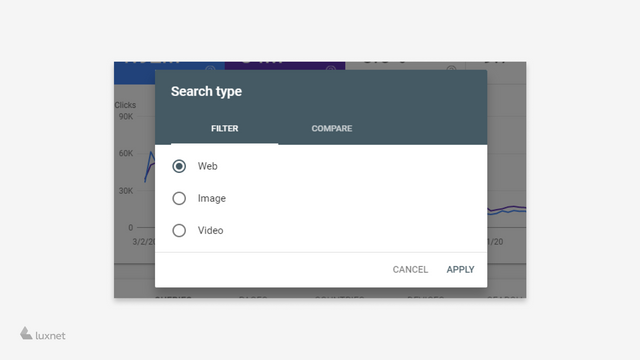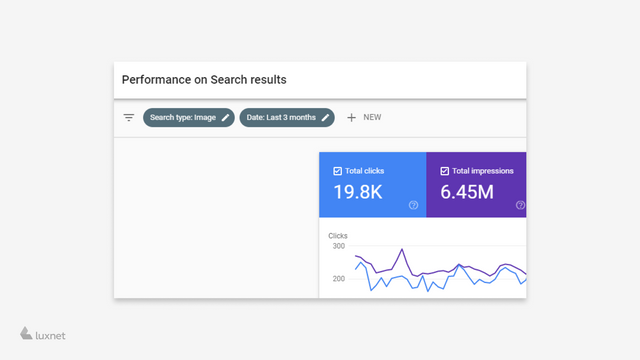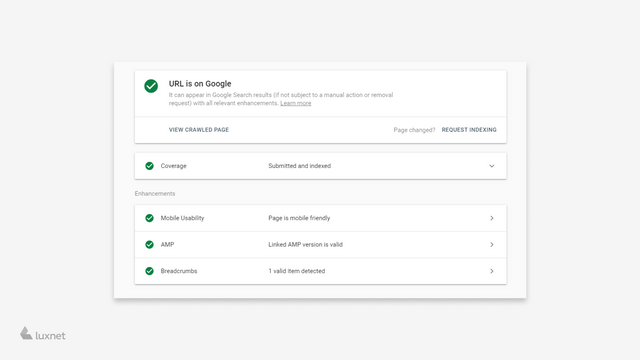No matter how interesting and useful your site is, you will not be able to bring it to the top places of the search engine without proper SEO. Organic traffic always is considered as the competitive and constant change of search engine algorithms adds to the problem. Here is a very useful article about basic search engine optimization for you.
1. Always gather data
You need tools like Google Analytics and Google Search Console; other tools that check your current results for keyword positions are SERP, for example, SE Ranking, Webvisor, etc. When you decide to check your website, it's all about the information you have. Firstly, from your source - your website.
2. Do your market research
It's hard to admit but businesses can benefit from organic traffic in different ways. Some can completely rely on it (i.e. e-commerce, gambling, travel, local), while others can find sources that will benefit them more (some unique masterpieces you generally have on Etsy). Remember that market and keyword research is the key to discover what amount of traffic you can expect.
3. Categorize everything
While having your keywords, concentrate on understanding the answer to them. Keywords are the questions people want to get answers to. If they search for hotels to stay in Lviv, they want a marketplace or a hotel page greeting them in search results. And they WILL get it because the satisfaction of the user's intent is the goal for Search Engine. Your article will be barely displayed by that keyword (exceptions happen, however, as results provide you with plenty of options and diversifying the latter is sometimes a reason). But when, for example, we talk about "the worst hotels in Lviv", we get reviews about places.
That is why think about what page is best suited for your user to be landed into to increase his satisfaction and your Conversion Rate (CR).
Tip: you can find hints on what people look for with proper tools like Ahrefs, Semrush, Serpstat & Google Keyword planner as well as Google search recommendations.
4. Create quality content
Implementing the newest practices in website performance and layout means nothing when you have no good content to share. Overall, it's even more important than a unique and full answer to the issue. Honestly speaking, it's not an unusual thing that people consider content to be just a plain text with pictures and links. To fully cover and brighten up the top, you need to write engaging titles and descriptions, use headings, tables and lists if needed, create interactive elements if there is a possibility. Pictures are also important as we have a search engine result page completely related to pictures and it can gather traffic too. Image uniqueness, ALTS and proper use of LazyLoad/Srcset are a must.


5. Spend more time on your Semantic SEO & Content Optimization
While maintaining your structure, you can always expand it with new articles or new products to sell. Market and user behaviour cannot be the same from one year to another. New ideas can pop up here and there and you need to monitor these types of changes to be the first with the freshest content. Just to clarify, the last two months were all about the Pandemic. In fact, tips on how to survive at home while working started popping up. While being mostly an insignificant topic to a smaller audience, it began to gain so much attention due to the global issue. You need to be aware of what your audience wants to know and find ASAP, even before they have information about it.
6. Be tech-savvy
You need to improve your website and server performance constantly as it works better for the end-user. Googlebot and your website presentation in terms of plain HTML, CSS & JS codes should be taken into consideration; if there is a need, prerender your webpage for Google, cache it for the quickest download time, use short URLs for better user experience.
7. Find out what brings you traffic and what is indexed in the first place
Your indexed pages are the first source to discover what had gone wrong with your onpage technical optimization. The number of pages being added as well as bot crawl analysis using access logs can help you with that. Based on abnormal robot activity, it helps predict what can cause problems with indexing and overall page inspection. Big projects rely on that because of the number of different types of pages and templates we deal with. The inspect URL tool in Google Search Console can also help you with that.

8. Mobile development as a priority
With mobile-first indexing, you cannot rely on desktop-only websites as well as on poor mobile performance.
Being mobile-friendly is a new demand starting from 2016 (or even sooner); mobile is the dominant place for users to receive info including googling. That is why mobile layout and development should be the top priority to test. Poor performance or different content on desktop and mobile is a warning sign.
9. Microdata it
While Search Engines understand topics more thoroughly, Microdata is still the thing to categorize your content and make it easier to understand. Reviews, Products, Recipes, LocalBusiness, or even BroadcastService - you name it! Each and every item (almost) has a good (enough) category in Schema.org vocabulary. Finding and placing it properly is another question though.
10. New technologies as a new potential to grow
Accelerated mobile pages are around for a while, app. for 5 years. Other won't affect your organic results so much but will help to convert people better (Web Push notifications) or diversify the user's choice of ways how to interact with your business (chatbots, PWA, etc.)
11. OffPage SEO as last but not least
Building links is one of the most painful and, at the same time, interesting aspects of SEO. It's entertaining to create a strategy and content to be shared and hard to reach out to build backlinks. Backlinks were and always will be one of the main factors to trust a website. There are plenty of tactics, tips and tricks like skyscrapers techniques, broken link building, guest posts and sponsored posts as well as some shady stuff like PBN and plain spam. Of course, checking here and there on your link profile using Google Search Console Links tool, Ahrefs site explorer or Semrush backlink analysis is a good thing. By getting links, just ask yourself where can my customer find me, what companies work with me and can recommend my business on their pages. Any help will be noticed!
Google on his position about links as a ranking signal
12. Your website is a part of your online presence
Always check your online presence and try to make for Search engines to identify you as such with the same phone numbers, placing official documents on your website and pointing to your other online entities. Do not think SERM and online presence is a joke as new cases appear about different types of entities in SERP.
